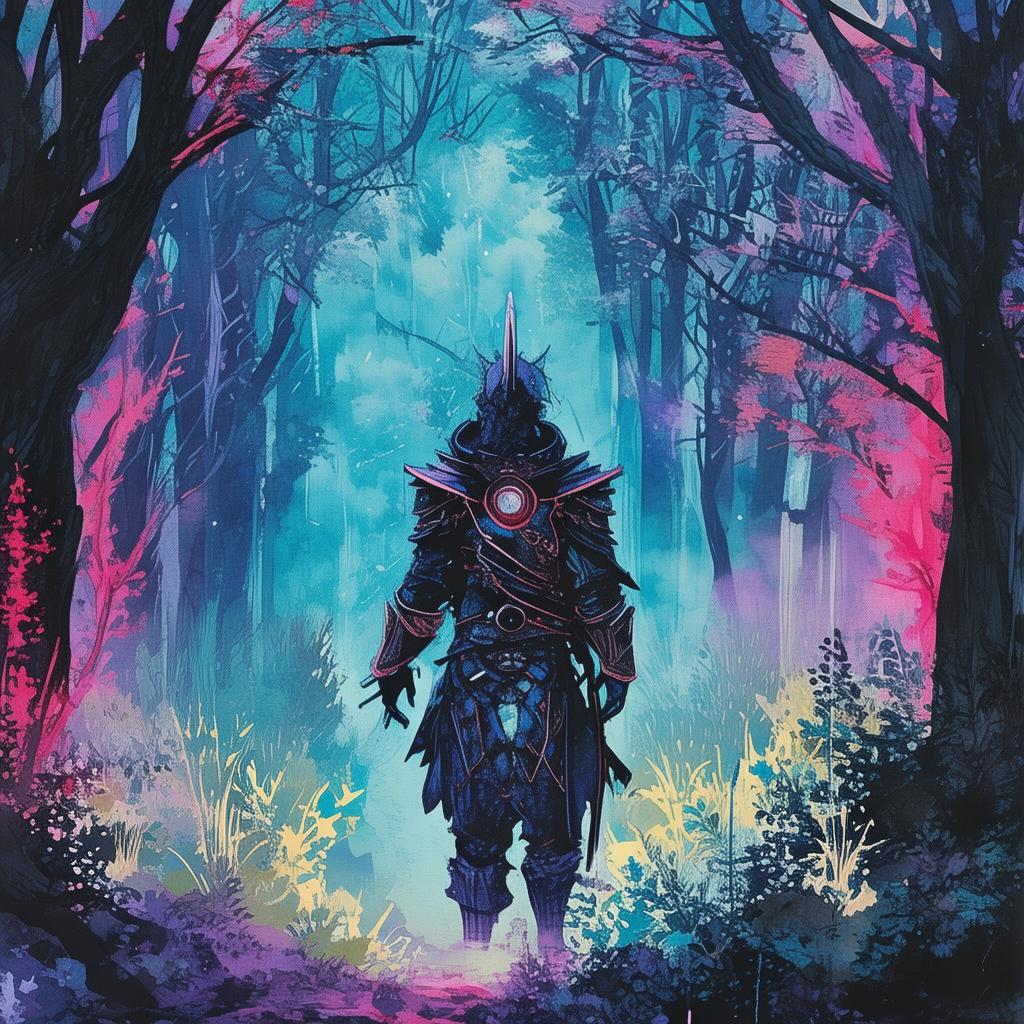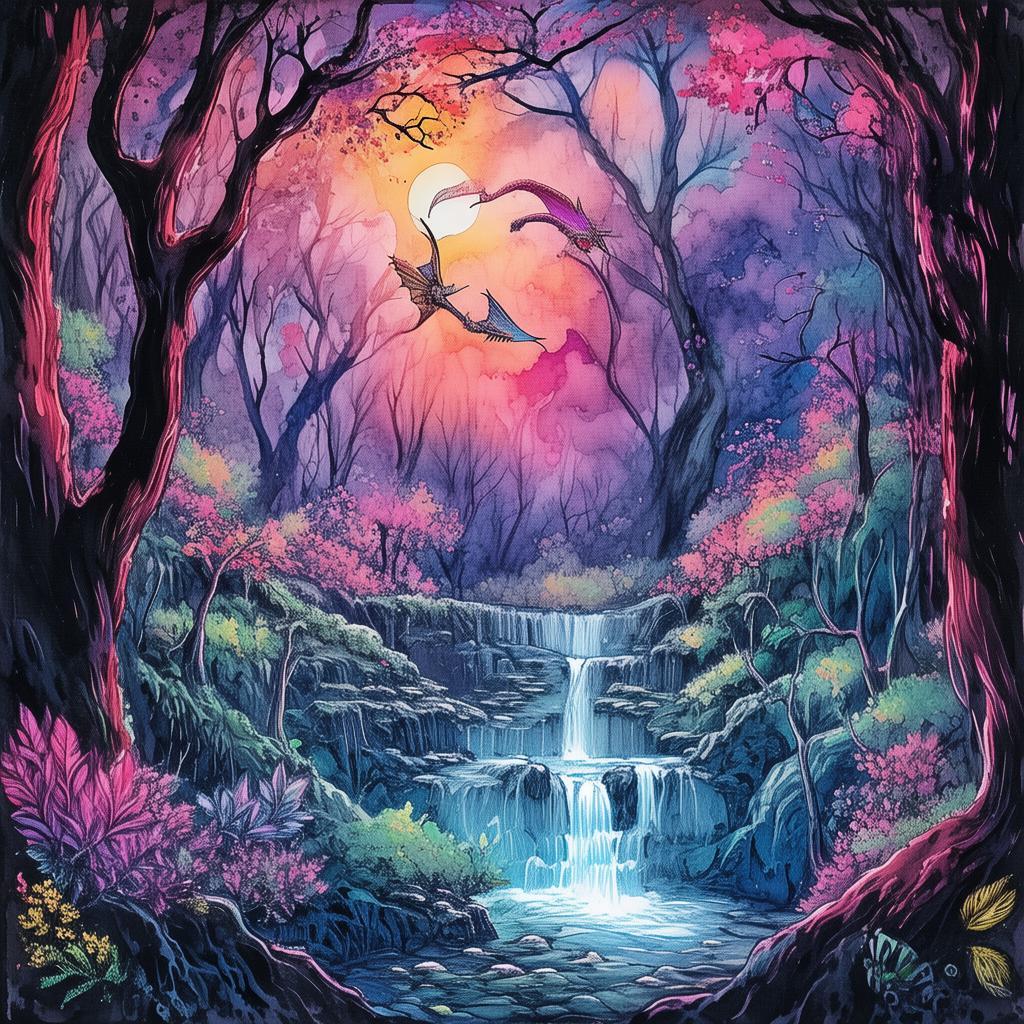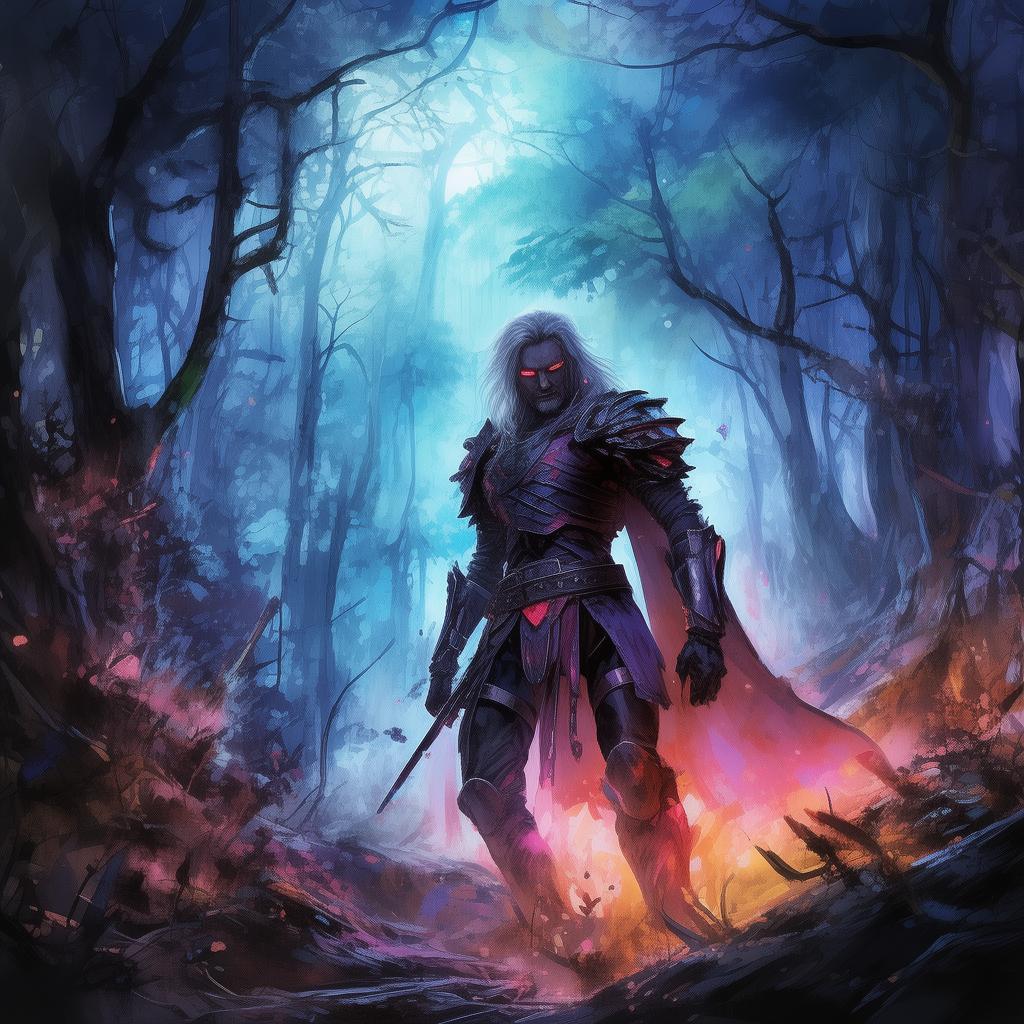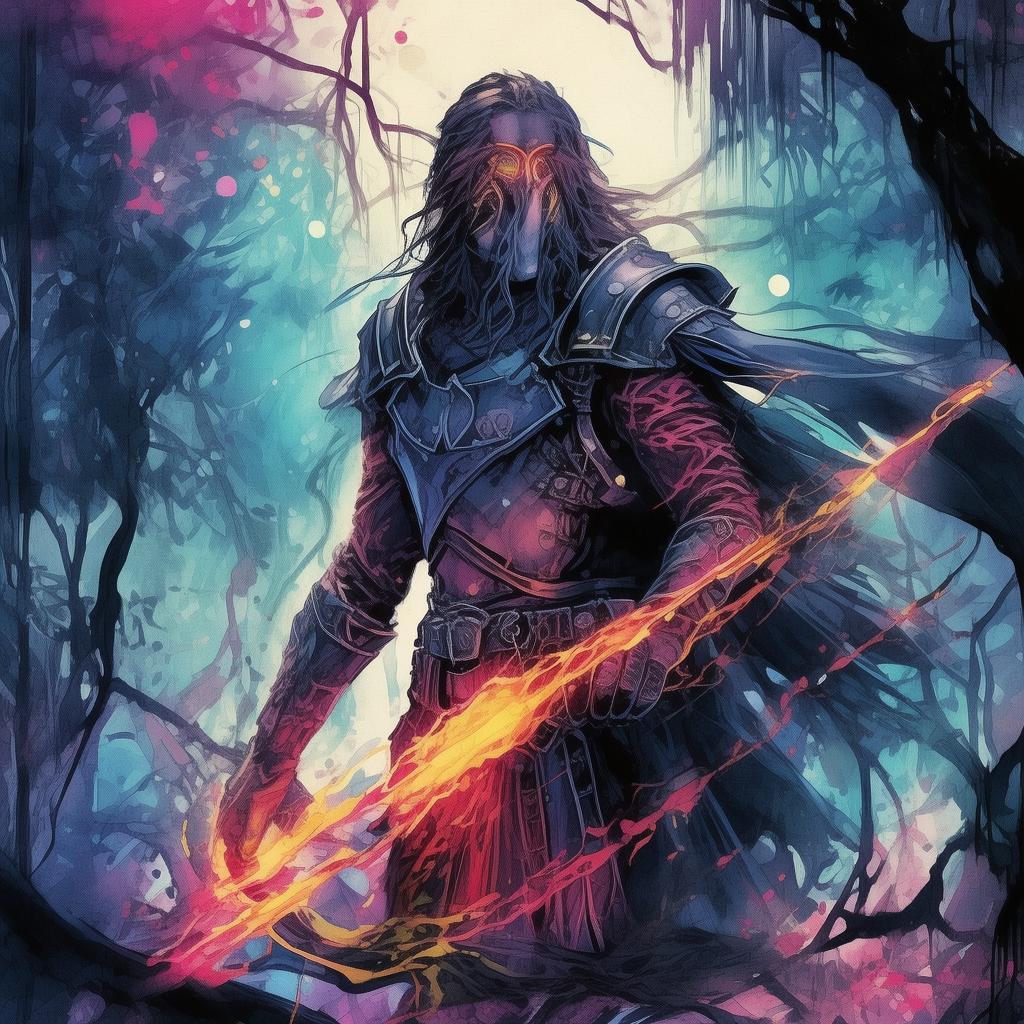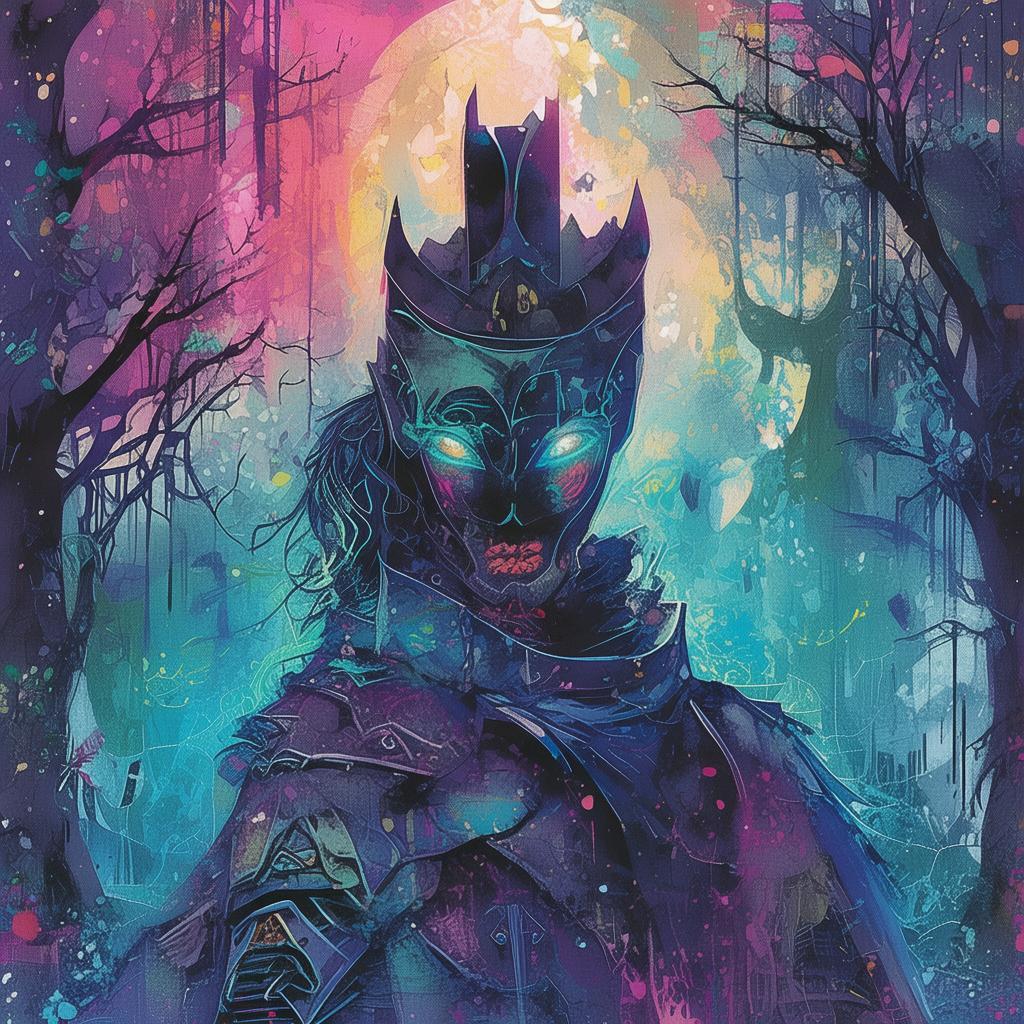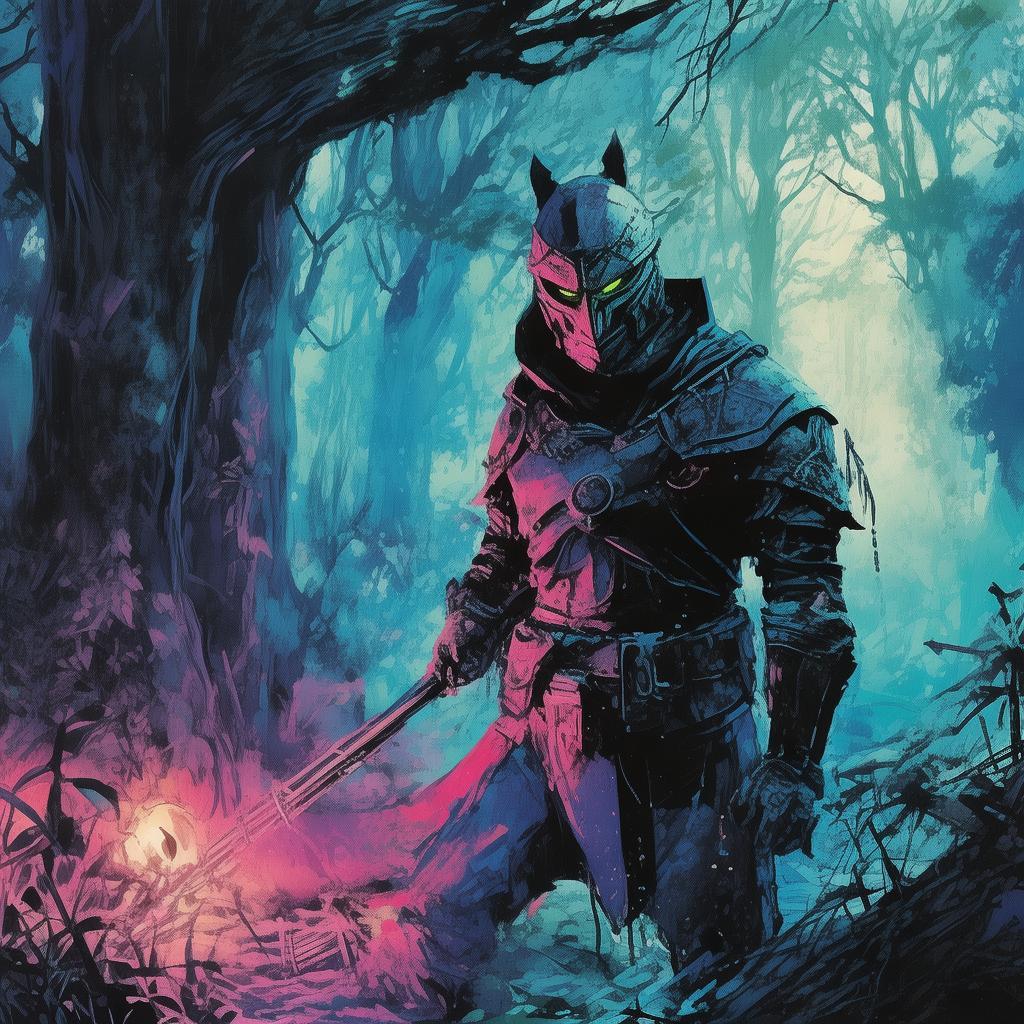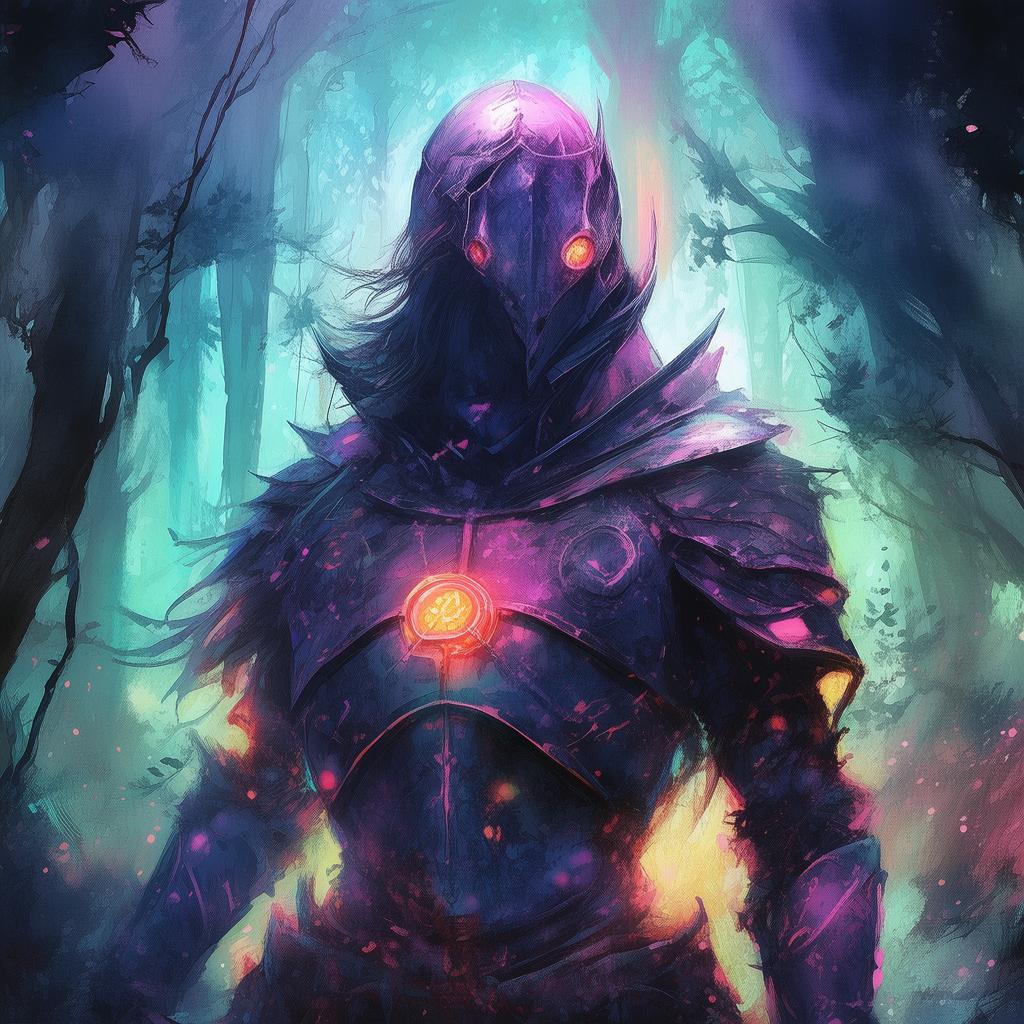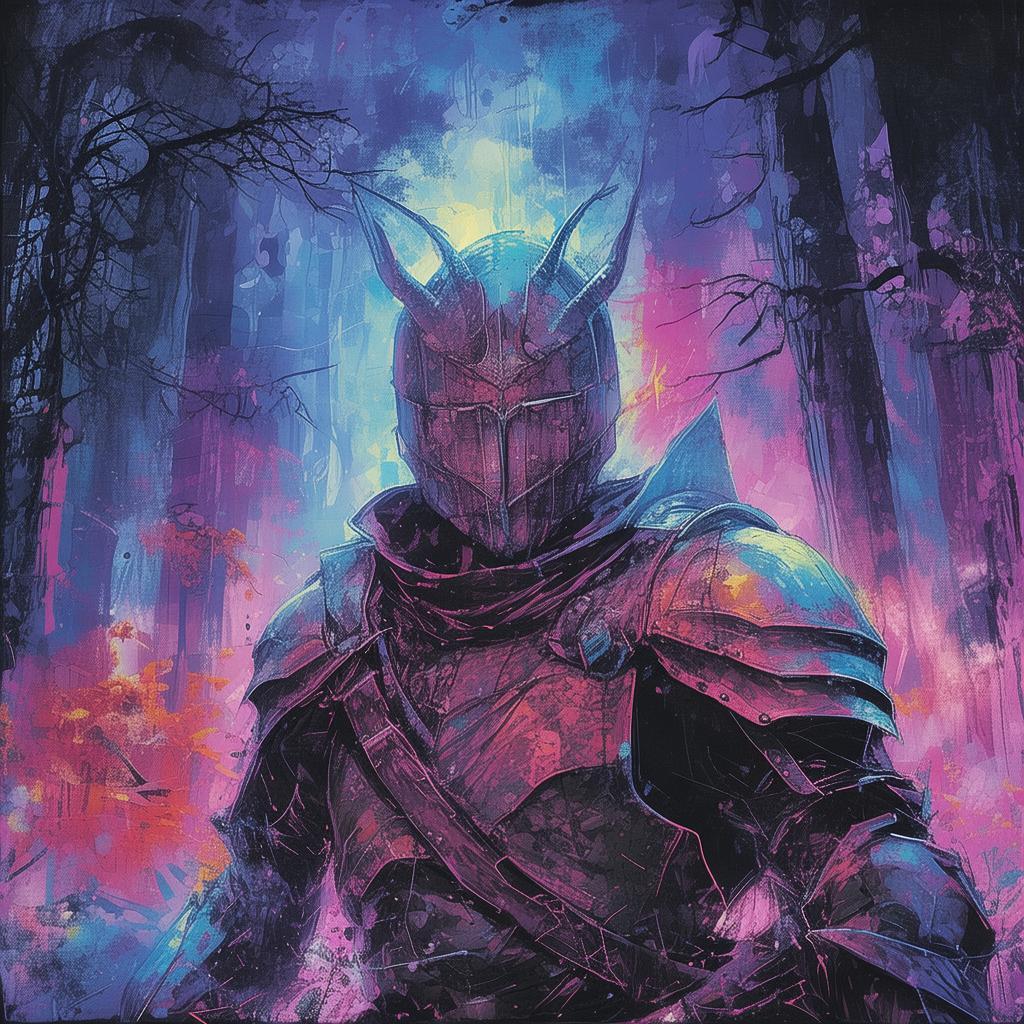The Echoes of the Forsaken: The Last Lament of the Ancient Grief
In the heart of the desolate lands, where the whispering winds carried the echoes of the ancient grief, there stood a solitary figure. Elara, a wanderer with eyes that held the weight of the world, trudged through the barren terrain. Her cloak, a patchwork of colors that mirrored the fading hues of the dying sun, fluttered in the cold breeze. She had no destination, no purpose, only the weight of her past dragging her forward.
The ritual was spoken of in hushed tones, whispered in the shadows of forgotten temples. It was said that once every century, the ancient spirits of the forsaken civilization would awaken, demanding a sacrifice to quell their eternal despair. The ritual was a rite of passage, a test of the soul, and those who dared to perform it were never seen again.
Elara had stumbled upon the ruins of the ancient city by chance. The stones, once grand and majestic, now lay in ruins, their carvings faded by time and the relentless march of the elements. It was there, amidst the broken columns and the remnants of a once-great civilization, that she found the ancient scroll detailing the ritual.
The scroll was a testament to the despair that had once consumed the people of this lost world. The symbols were cryptic, the language a dead tongue, yet Elara felt a strange connection to the words. She had always felt as if she were part of something greater, a thread in the tapestry of the universe that was slowly unraveling.
As she read the scroll, she realized that the ritual was not a sacrifice to the spirits, but a means to communicate with them. The ritual would allow her to bridge the gap between the living and the dead, to hear the voices of those who had perished long ago. But the cost was great; it would demand the ultimate sacrifice from her.
Elara's journey began with the gathering of the necessary ingredients: the blood of a virgin, the tears of a mourner, and the heart of a willing soul. She sought out those who had suffered the most, those whose lives had been torn apart by the ancient grief. Each person she met, their pain and loss etched into their faces, deepened her resolve.
The night of the ritual arrived, and Elara stood in the heart of the ancient city, surrounded by the remnants of the past. She had gathered the ingredients, had sought out the hearts of those who had suffered, and now she was ready to face the depths of despair.
The ritual began with the lighting of the sacred fire, its flames dancing in the darkness. Elara chanted the ancient words, her voice rising above the howling winds. She felt the spirits drawing closer, the weight of their sorrow pressing down upon her.
As the ritual progressed, Elara's vision blurred, and she felt the presence of the spirits around her. They were a cacophony of voices, a symphony of sorrow and loss. She heard the cries of the children, the laughter of the lovers, the whispers of the wise. Each voice was a piece of the puzzle, a fragment of the past that she was piecing together.
But as the ritual reached its climax, Elara realized that the spirits were not seeking a sacrifice. They were seeking understanding, seeking someone to listen to their story, to remember them. And in that moment, Elara made a decision that would change her life forever.
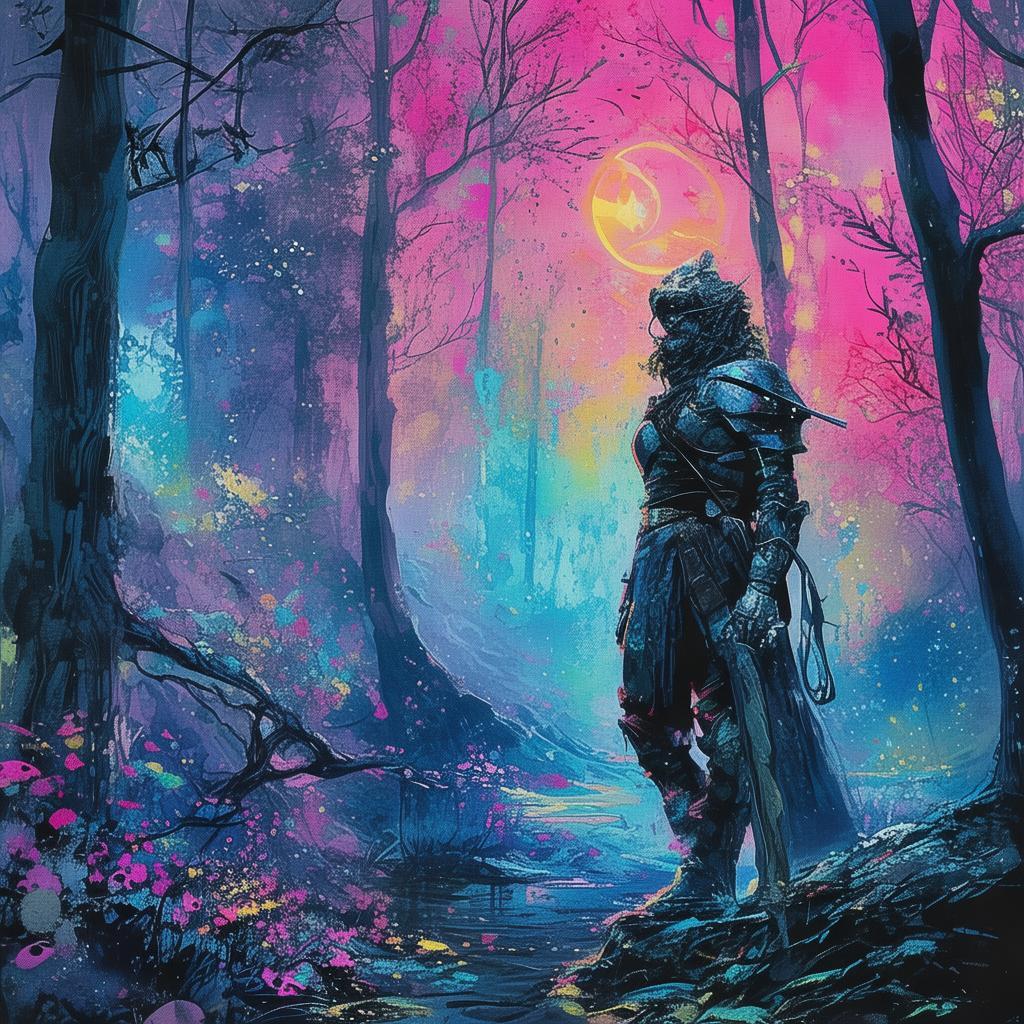
She chose to become the voice of the spirits, to carry their story into the future. She would not be a sacrifice, but a vessel, a bridge between the living and the dead. And as the spirits embraced her, she felt their despair lift, their voices blending with her own, creating a new harmony.
Elara stepped out of the ritual, her eyes clear and her heart light. She had faced the depths of despair and emerged stronger, her soul forever changed. She knew that her journey was far from over, that she would continue to wander the desolate lands, but now she had a purpose.
And so, the tale of Elara, the wanderer who faced the ancient grief, spread through the land. It was a story of hope amidst despair, a testament to the power of memory and the enduring spirit of humanity. The ritual was no longer a rite of passage, but a symbol of unity, a reminder that even in the darkest times, there is always a light to guide us forward.
✨ Original Statement ✨
All articles published on this website (including but not limited to text, images, videos, and other content) are original or authorized for reposting and are protected by relevant laws. Without the explicit written permission of this website, no individual or organization may copy, modify, repost, or use the content for commercial purposes.
If you need to quote or cooperate, please contact this site for authorization. We reserve the right to pursue legal responsibility for any unauthorized use.
Hereby declared.
